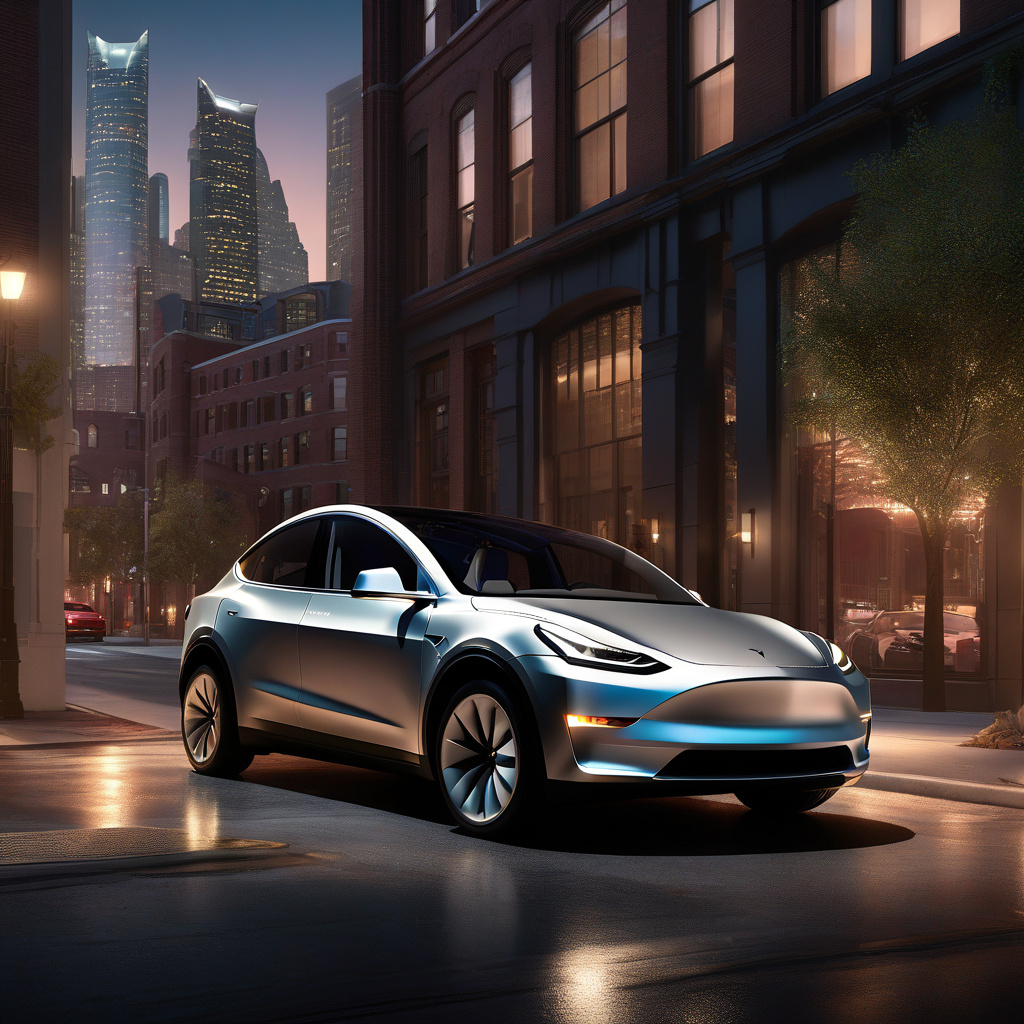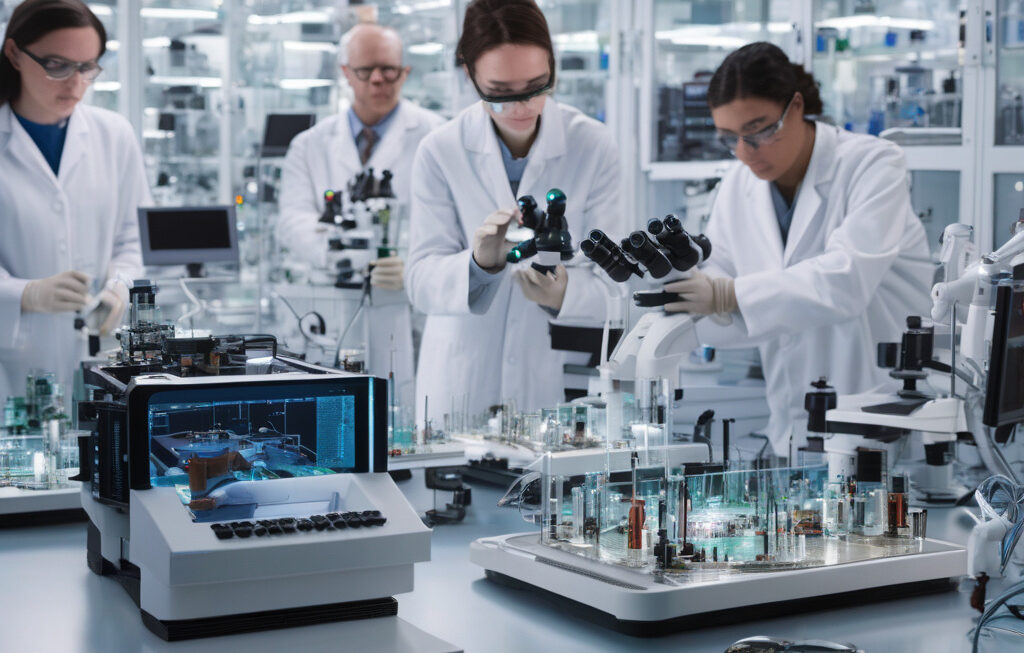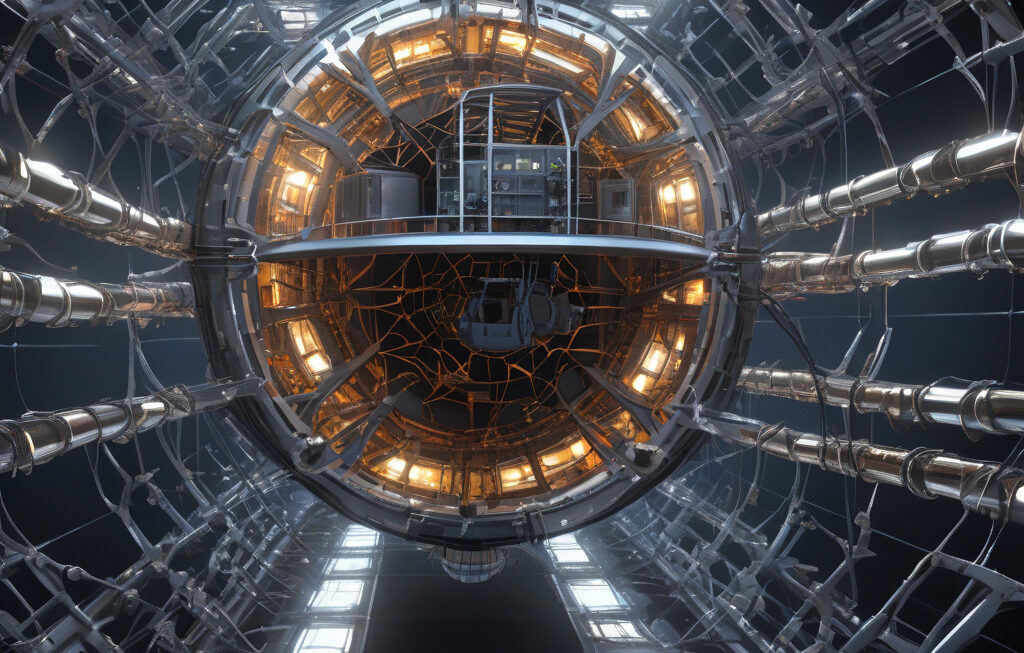Panasonic’s anode-free EV battery could give 90-mile boost to Tesla Model Y’s range
Panasonic, a key battery supplier to electric vehicle (EV) giant Tesla, announced it is racing ahead in the battery technology game with its groundbreaking anode-free battery design. This innovation is set to potentially revolutionize the EV industry by significantly extending the range of electric vehicles, with projections suggesting a 90-mile boost to the range of Tesla’s popular Model Y.
The shift to anode-free batteries marks a substantial leap forward in battery technology. Traditional lithium-ion batteries consist of four key components: cathode, anode, separator, and electrolyte. The anode, typically made of graphite, has been a limiting factor in battery efficiency and capacity. By eliminating the anode altogether, Panasonic’s new design increases the battery’s energy density, leading to a longer driving range on a single charge.
The benefits of this technological advancement are manifold. With a 90-mile increase in range, the Tesla Model Y could potentially offer over 300 miles on a single charge, alleviating range anxiety for EV drivers and making long-distance travel more convenient. This development could also accelerate the widespread adoption of electric vehicles by addressing one of the most significant concerns among consumers.
Moreover, the environmental impact of anode-free batteries cannot be overstated. By enhancing energy efficiency and reducing the reliance on graphite, which is energy-intensive and environmentally harmful to mine, Panasonic’s innovation aligns with the sustainable ethos of the EV industry. As the world moves towards a greener future, technologies that minimize carbon footprints and promote eco-friendliness are essential, making the adoption of anode-free batteries not just a choice but a necessity.
In addition to the extended range and environmental benefits, Panasonic’s anode-free batteries could also have cost implications. While the initial investment in this cutting-edge technology might be higher, the long-term savings from reduced charging frequency and increased durability could offset the initial costs. As battery technology continues to evolve, economies of scale and further advancements in manufacturing processes could make anode-free batteries more cost-competitive, driving down the overall ownership costs of EVs.
Panasonic’s foray into anode-free batteries signals a new era in EV technology, where innovation and sustainability converge to shape the future of transportation. As a key partner of Tesla and a prominent player in the battery industry, Panasonic’s advancements are poised to influence the trajectory of electric mobility and set new benchmarks for performance and efficiency.
In conclusion, Panasonic’s anode-free EV battery represents a significant milestone in the journey towards a cleaner, more sustainable automotive industry. By boosting the range of electric vehicles, addressing environmental concerns, and potentially reducing ownership costs, this innovation has the potential to reshape the landscape of EVs and accelerate the transition to electric mobility on a global scale.
#Panasonic, #EVbattery, #TeslaModelY, #anodefree, #sustainability












